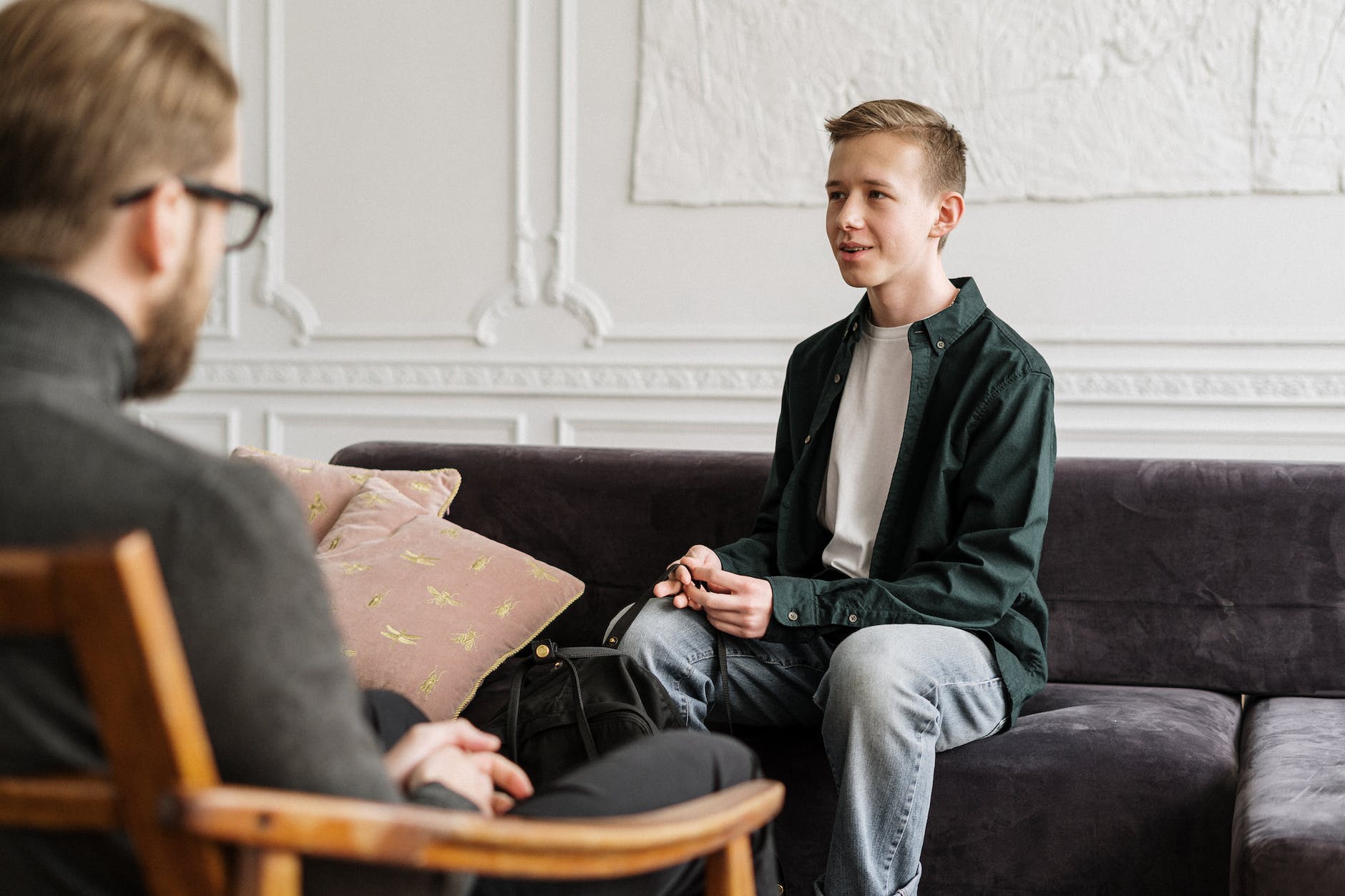
Group Therapy
One of the most challenging tasks is recovering mentally during an addiction recovery. Getting one cognitive sense back on track, alongside building a healthy conscience. Although the doctors at the in-patient recovery facility are known to give their best to detoxify the body of the substance, therapy is still a must. But what kind of therapy?
Aside from the obvious Cognitive Behavioral Therapy, is there any other form of therapy that can help an individual recover from the adverse effect of alcohol on their psyche?
An underrated form of therapy that has helped many to recover from addiction and stay on the path of recovery is group therapy.
In this excerpt below, we will be discussing what group therapy is and what the perks of getting into group therapy right after your initial addiction recovery treatment.
What Is Group Therapy?
Group therapy is not just about a group of people sitting together and discussing their issues with the therapist. Yes, everyone has a turn to express, but the task of the therapist is to create an interlink between all their patients.
This form of catharsis (simplifying an emotion by expressing it) allows each and every patient to gather lessons from someone else’s story or impart their own wisdom from first-hand experience. Therefore, it is more than simply seeking out your problems in front of a bunch of strangers; it is about finding connections through different struggles and success stories of addiction.
The best part of such group therapy is unlike AA; you won’t be subjected to a new group every session. The groups are fixed, and by the fifth session, these strangers won’t hold that title anymore.
But that is not all; group therapy comes with a few more benefits when it comes to addiction.
Benefits Of Group Therapy
Without any further ado, let’s get into the benefits of going for group therapy during the recovery period.
1. Improve Conflict Resolution
Conflict is very common when someone is recovering from addiction, especially if that conflict can get physical and hurt an innocent person in their efforts to help the patient.
On the other hand, when you first join a group therapy, you will face some conflicts. However, with the presence of a professional, dealing with these conflicts will get easier without them getting out of hand.
This helps the patients in recovery find a step-by-step guide as taught by professionals to better communicate after a conflict. This will eventually help the one recovering to approach the same attitude when dealing with household conflict.
2. Finding You Are Not Alone
One of the worst feelings many recovery patients feel is feeling alone. They find it difficult to share their feelings with others with the preconceived fear of being judged. This is why group therapy plays such a major role in uplifting their confidence when it comes to expressing their painful journey through recovery.
Group therapies might hold individuals from every spectrum of life and different age groups, but there is one thing in common. They are all trying to bring their life on track and better their mental health.
Therefore, a patient will find a surreal kinship with their fellow group mates. Knowing that they are not alone.
3. Much Genuine Feedback
Fear of judgment and being outcasted is a reality for every recovering patient. This is why they are always looking for a crowd who wouldn’t give them feedback about their current or past way of living. However, if this feedback feels constructive and comes from a good place, many recovery patients are willing to take it.
This is why group therapy is a boon because the patient gets feedback from every sphere of an addiction journey. Whether it is the beginning of their recovery journey or they have been in the recovery process, inching to their end, everyone will have a story to share.
With the help of the psychologist’s ability to decipher everyone’s story, and their said state of mind. These work as words of wisdom and can help some find their way out.
Finding New Skills & Friends On The Way
Group therapy plays a crucial role in aiding addicts on their path to recovery by helping them acquire new skills, especially when they need a hobby to distract themselves from the post-recovery withdrawal symptoms.
Within the supportive group environment, individuals can share experiences and learn from others facing similar challenges. Through discussions, addicts gain insights into their own behavior and triggers, which enhances self-awareness. They also receive constructive feedback, fostering personal growth.
Moreover, group therapy instills crucial life skills, such as effective communication, coping mechanisms, and stress management techniques. By witnessing the successes and setbacks of their peers, addicts can draw inspiration and motivation, empowering them to develop healthier habits and coping strategies, ultimately aiding their recovery journey.






